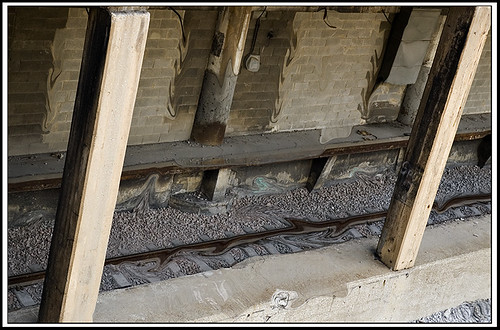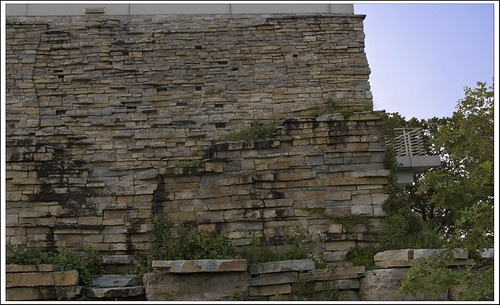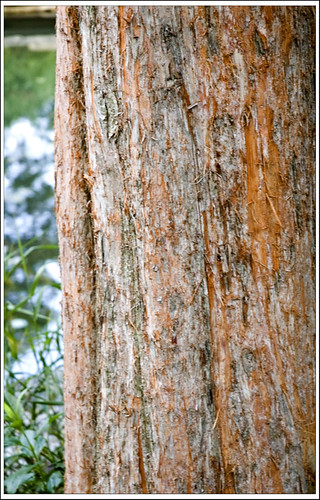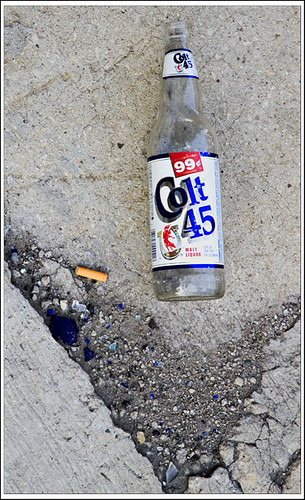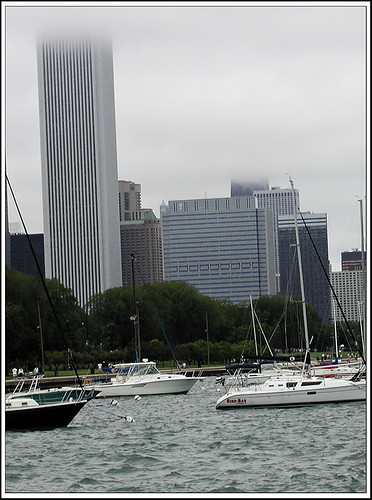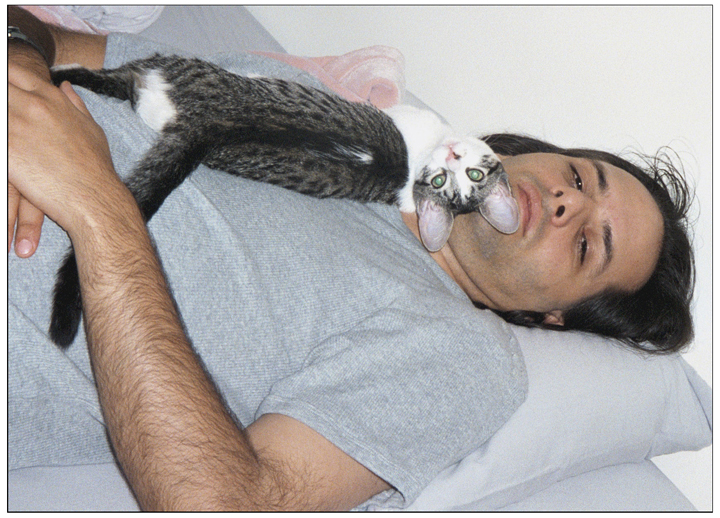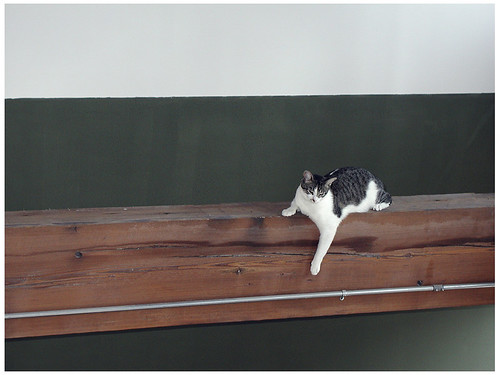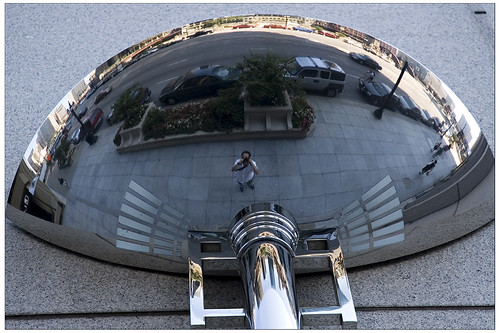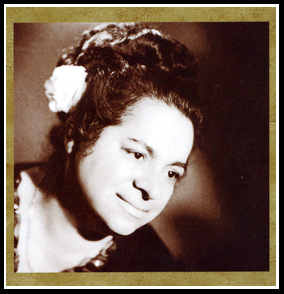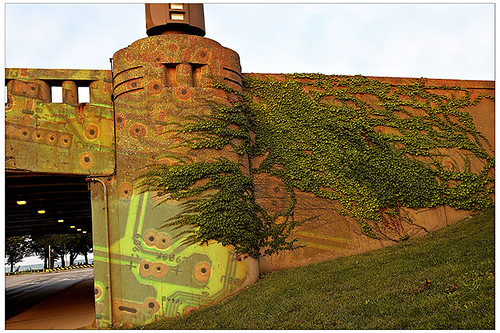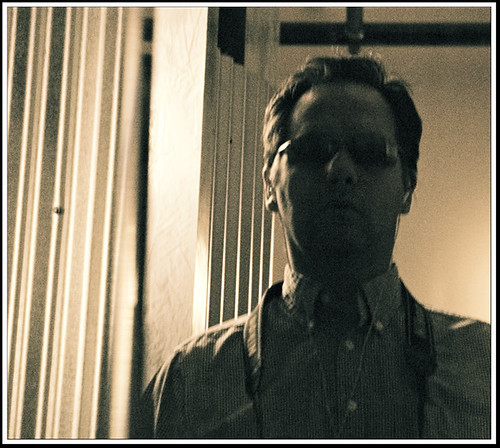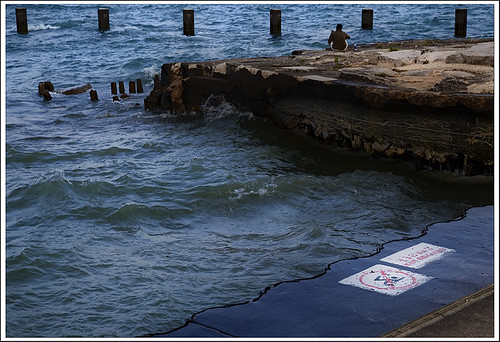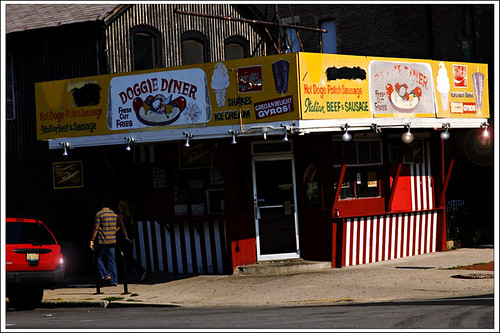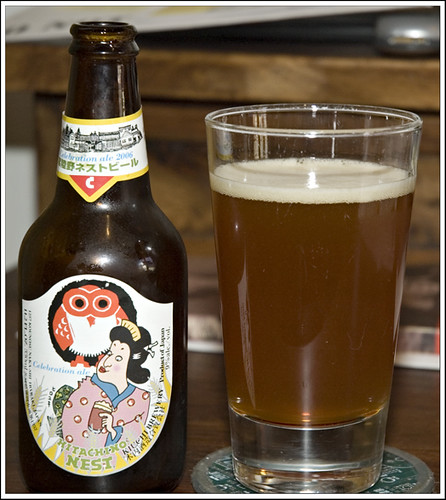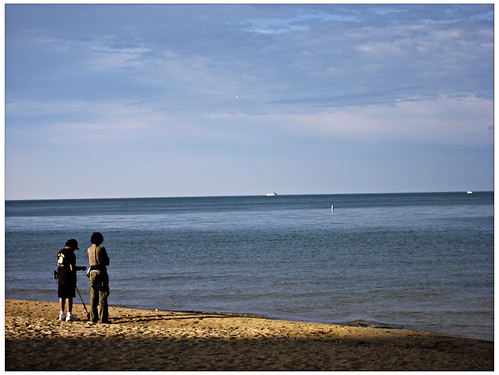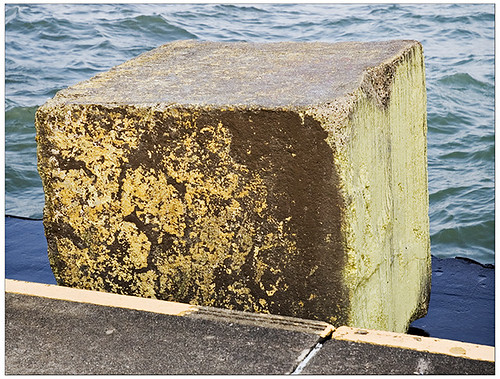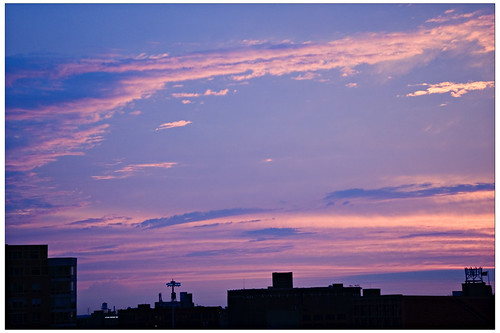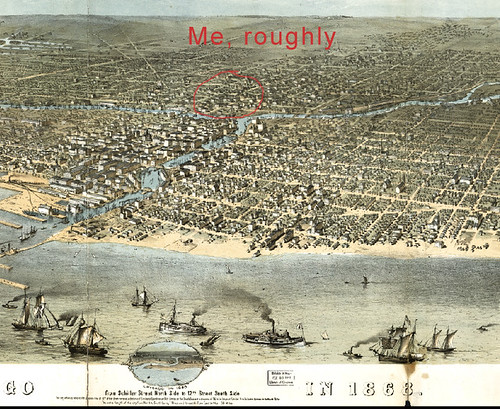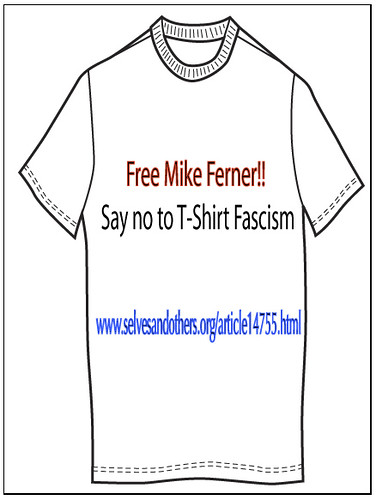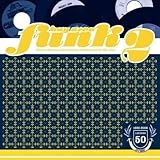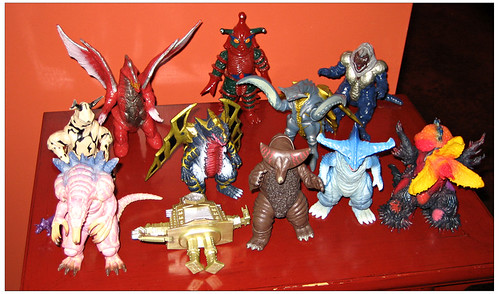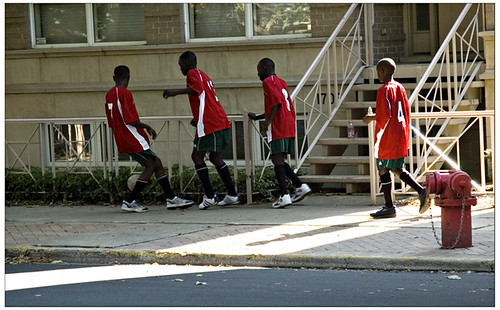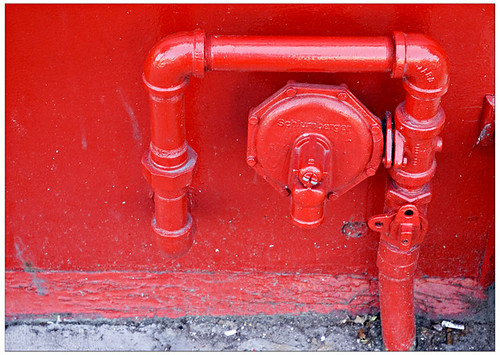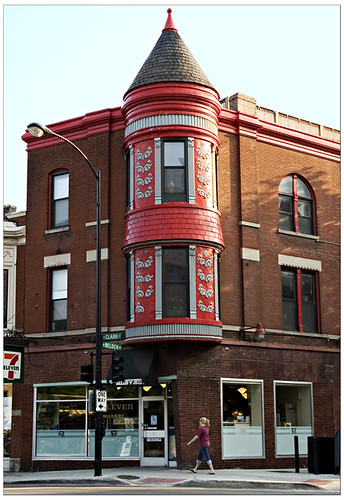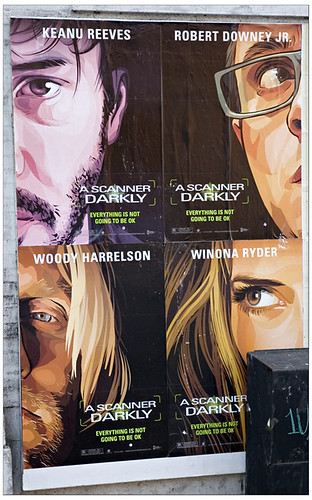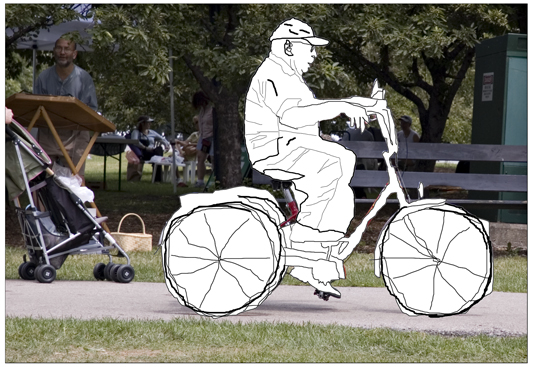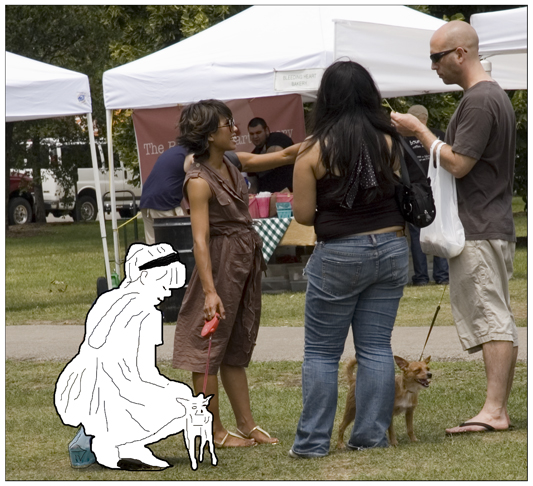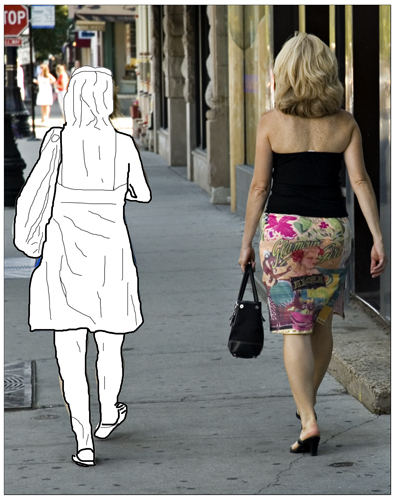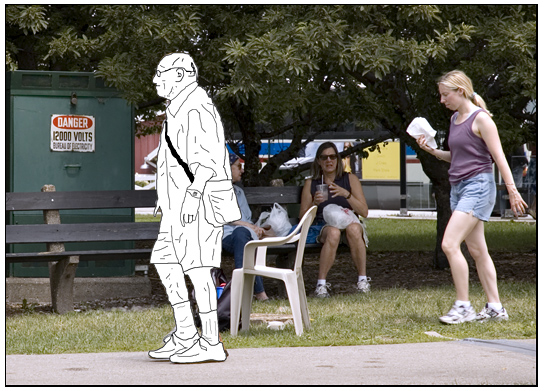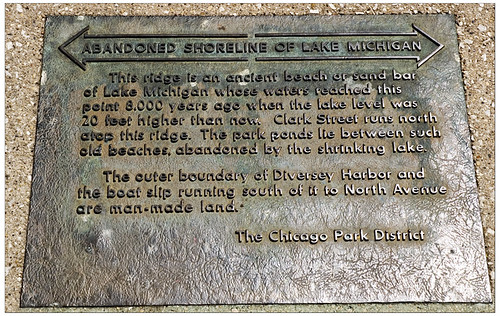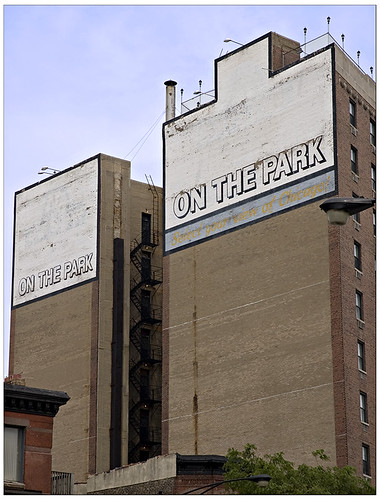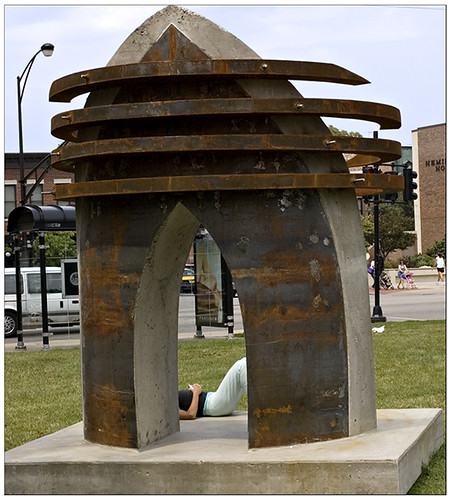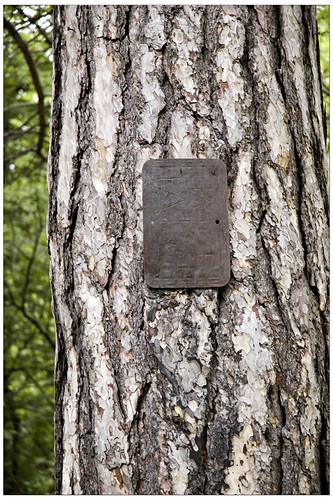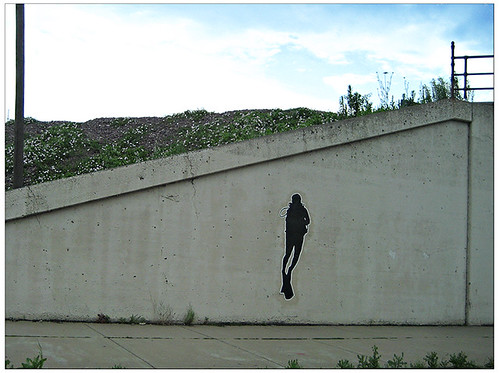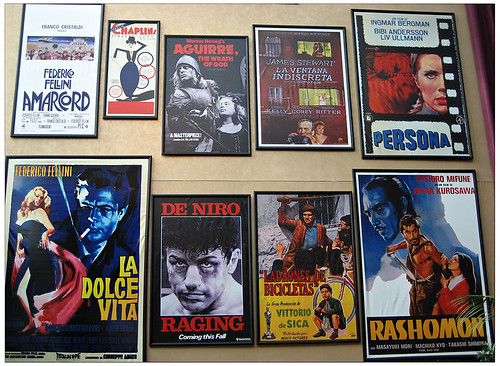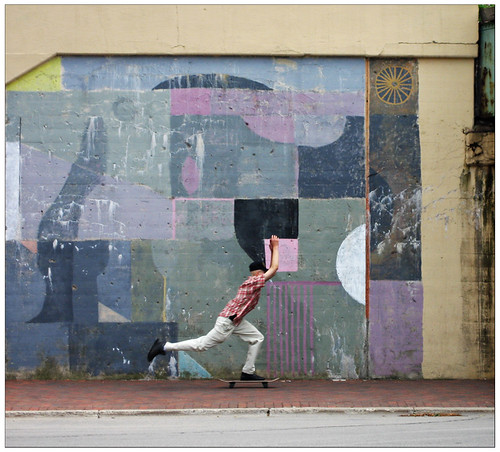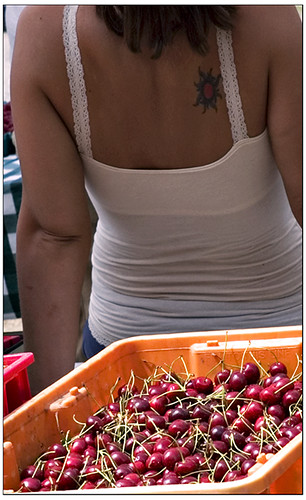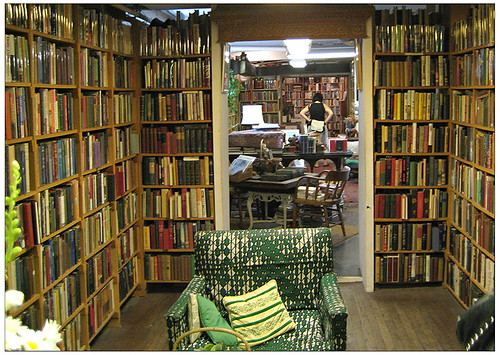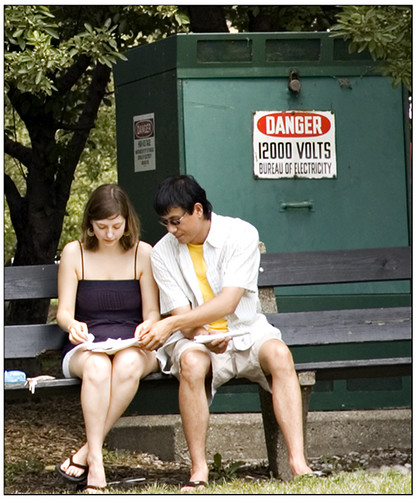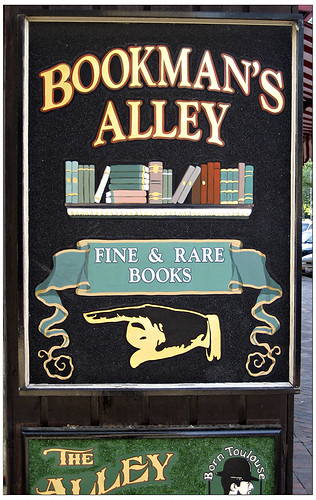Neal Pollack writes an interesting book review of Robert Greenfield's Timothy Leary bio.

“Timothy Leary: A Biography” (Robert Greenfield)
AlterNet: Neal Pollack: DrugReporter: Timothy Leary's Long Acid Trip : ...Leary's life was one of those rare American ones with a second act. After the 1970s he moved to Beverly Hills, went on a political minstrel-show lecture tour with G. Gordon Liddy, snorted coke in the Playboy Mansion with Hugh Hefner and hung out at the Viper Room. He also developed some of the earliest interactive computer games. What lessons are we to learn from such a life? Obviously, the specifics don't apply to us ordinary mortals. And we certainly don't want to follow Leary's lead in terms of family life. As Greenfield painstakingly details, he was a serially bad husband and an even worse father. Leary's careerism, while quintessentially American, was corrosive and destructive, another warning siren against the false promises of celebrity-obsessed modernity.
Yet his life contained surprising pockets of peace, extraordinary grace notes. When Leary's famous commune in Millbrook, New York, wasn't being raided by local authorities or invaded by trashy jet-setting hipsters, people achieved transcendence there, or at least had a lot of fun. As Greenfield writes, “When Charlie Mingus heard the tap in the sink yowling, followed by banging noises, he took out his bass and began playing counterpoint.” Of all the crazy scenes in the book, that's the one I would have most liked to see, though I also enjoyed the one where Leary's wife attempts a seduction of Jerry Brown in order to blackmail Leary out of prison.
While I find Leary's writing bloated, self-absorbed and, let's face it, hippy-dippy and dated, Pinchbeck makes a far more persuasive, modern case for psychedelics.
is The Doors of Perception written from a skeptical East Village perspective. Pinchbeck's latest book, 2012: The Return of Quetzalcoatl, expands on his thesis, arguing that psychedelics may be opening a portal to a transformation of consciousness that has the potential to change the world forever. I can't say whether I believe that or not, and I certainly hope the Phoenix Suns win an NBA title before this evolution happens, but Pinchbeck's skeptical, analytic reportorial approach to the subject appeals to my brain far more than Leary's musty counterculture rhetoric.
errr, umm, yes. I am of the generation of whom Leary is only known via his actions and words, and he seems like nothing more than a loud-mouthed charlatan. Without Leary's self-aggrandizement and nose-thumbing at authorities, perhaps certain substances might still be available through legal channels. Perhaps not, but from my perspective, Leary did nothing but bring negative attention to the whole mind-expansion community, with dire results. The psychedelic class of drugs is not for most people to explore, haphazardly. Leary wanted everyone to take them, and everyone shouldn't.
Still, interesting reading, and I'll add these books to my 'summer reading' list (which is now 3 stacks tall).
More Pollack here
Technorati Tags: books, drugs, Phoenix_Suns






